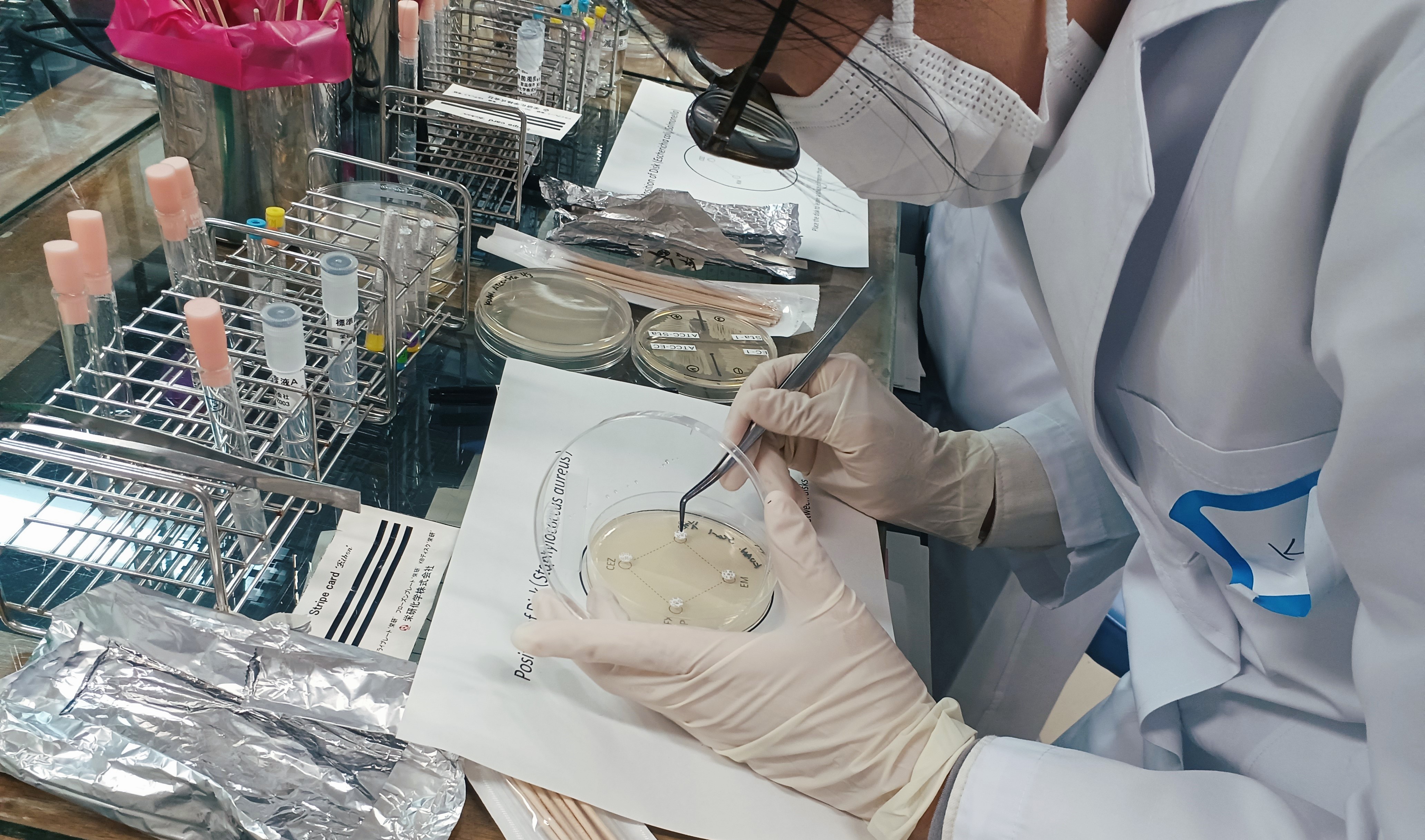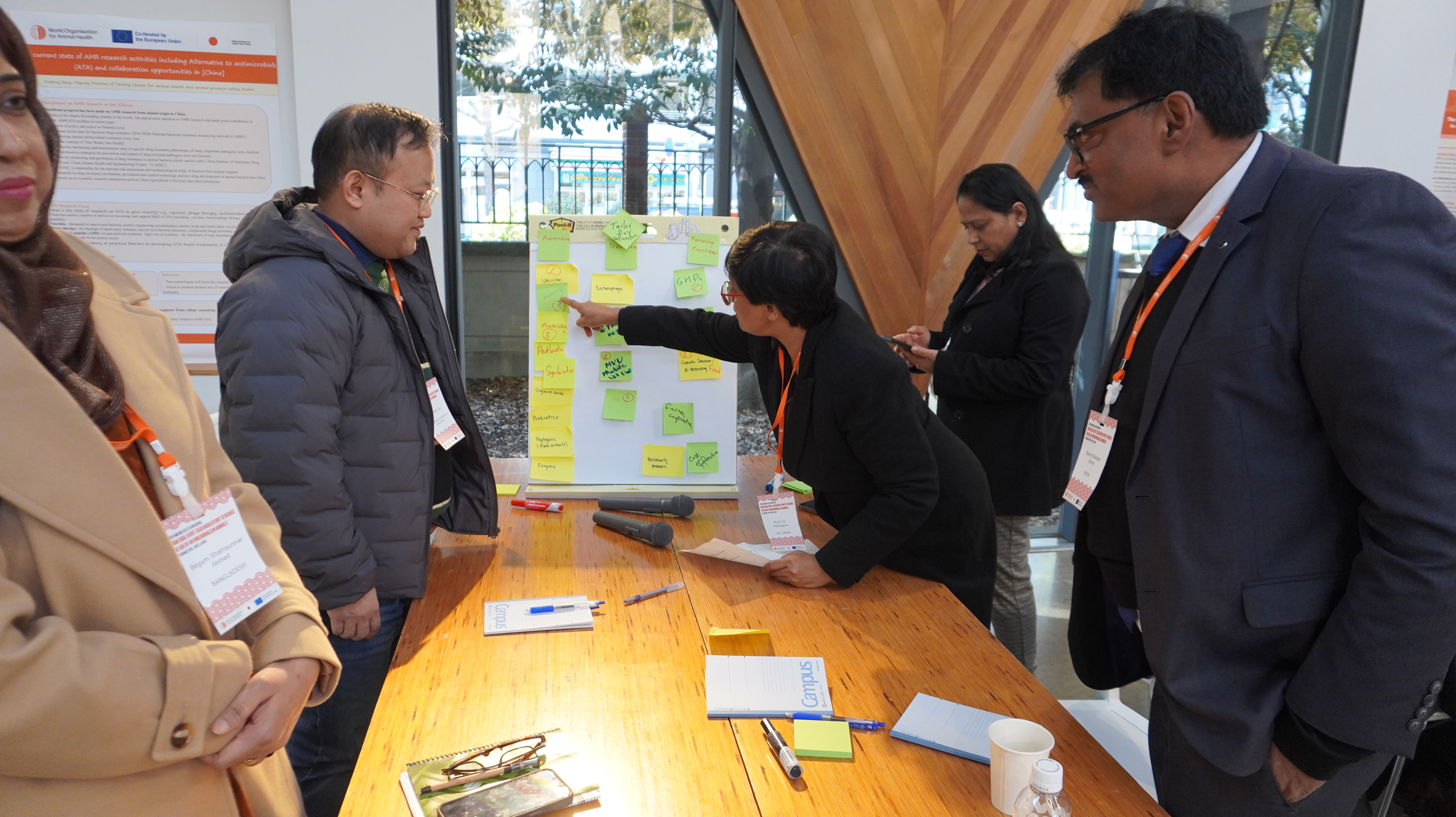
Since 2018, the World Organisation for Animal Health (WOAH), Regional Representation for Asia and the Pacific (RRAP), has been actively working on antimicrobial resistance (AMR) and antimicrobial use (AMU) to support Member countries in the region in advancing the AMR/AMU agenda, with a particular focus on animal health.
AMR and the development of innovative alternatives to antibiotics (ATA) were identified by STAR-IDAZ International Research Consortium (IRC) partners as a priority issue for a collaborative approach to research, aiming to advance disease control tools and strategies for improving animal health worldwide with the support from WOAH.
The Ministry of Health, Labour and Welfare of Japan organised the seventh Tokyo AMR One Health Conference 2025 in Tokyo, Japan, from 18-20 February, to share progress in the implementation and monitoring and evaluation of AMR National Action Plans following the OH approach in the Asia Pacific region. WOAH co-organised a complementary side-event at the Tokyo AMR One Health Conference 2025 titled “Research efforts to reduce the use of antimicrobials in animals” on 13 (virtual pre-meeting), 19 and 20 February.
The objectives of the meeting were to:
Date(s): 13 (virtual pre-meeting ), 19-20 February 2025
Venue: Tokyo, Japan
Participation: By invitation
Agenda and presentations: PDF
Posters: ZIP File (13 posters) (see preview images below)
Photo Album: Flickr (selection found below)
NOTE: Please add “Credit: WOAH” when using any photos.
Communication gaps often occur among sectors, highlighting the need for mutual learning within the One Health (OH) framework. For example, while the human health sector acknowledges that antimicrobial use can lead to dysbiosis and obesity, the animal sector uses antimicrobials as growth promoters.
Cross-sector knowledge sharing is vital, and academia plays a key role in facilitating collaboration among the OH sectors. Since cultural differences influence approaches in various countries, better coordination is essential to ensure effective collaboration and address antimicrobial resistance comprehensively.


